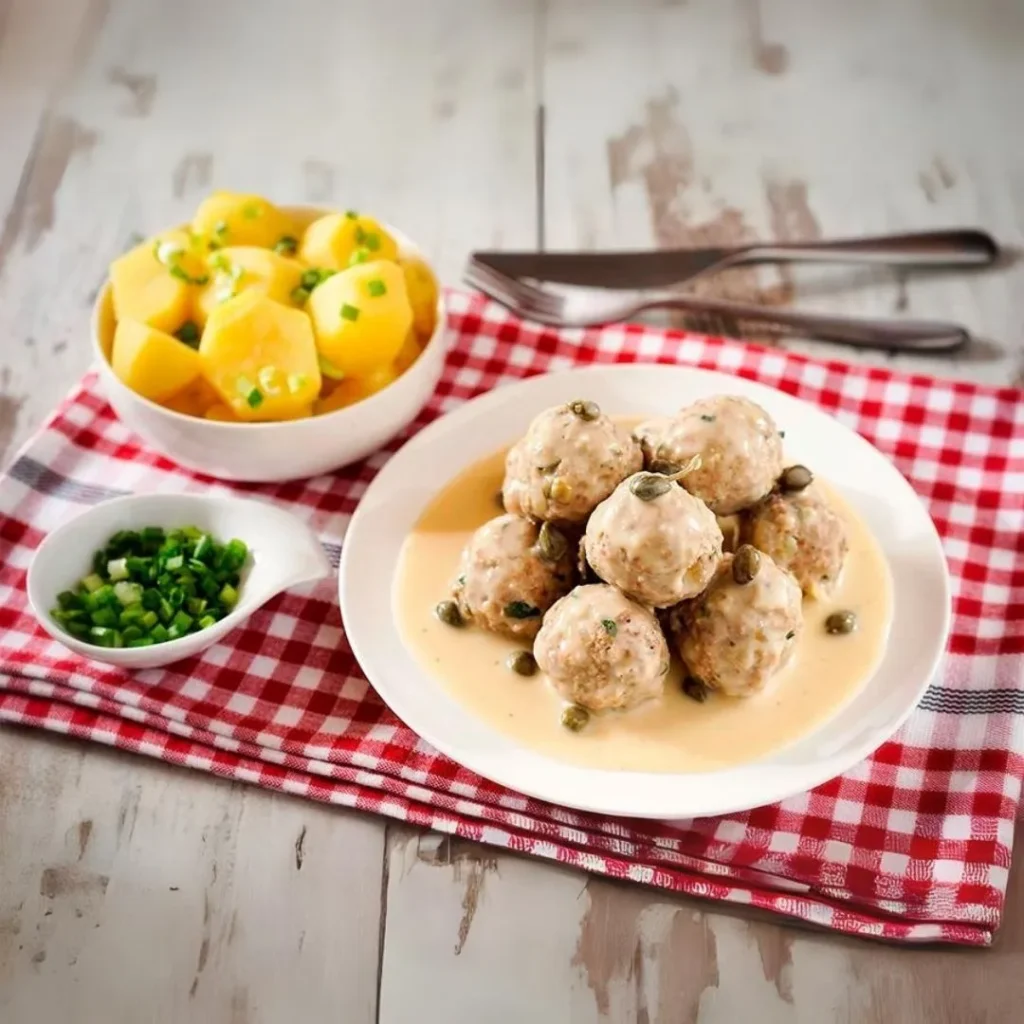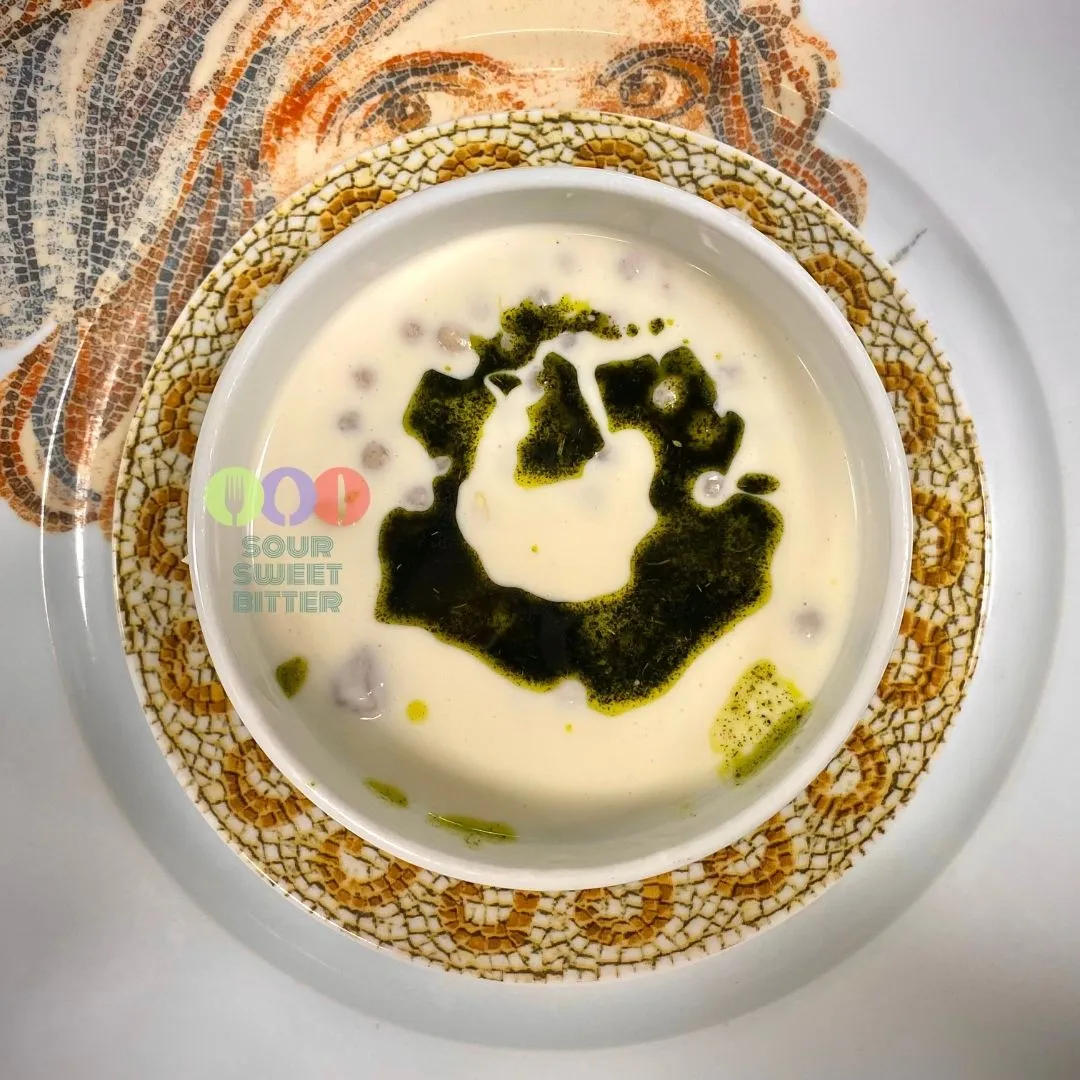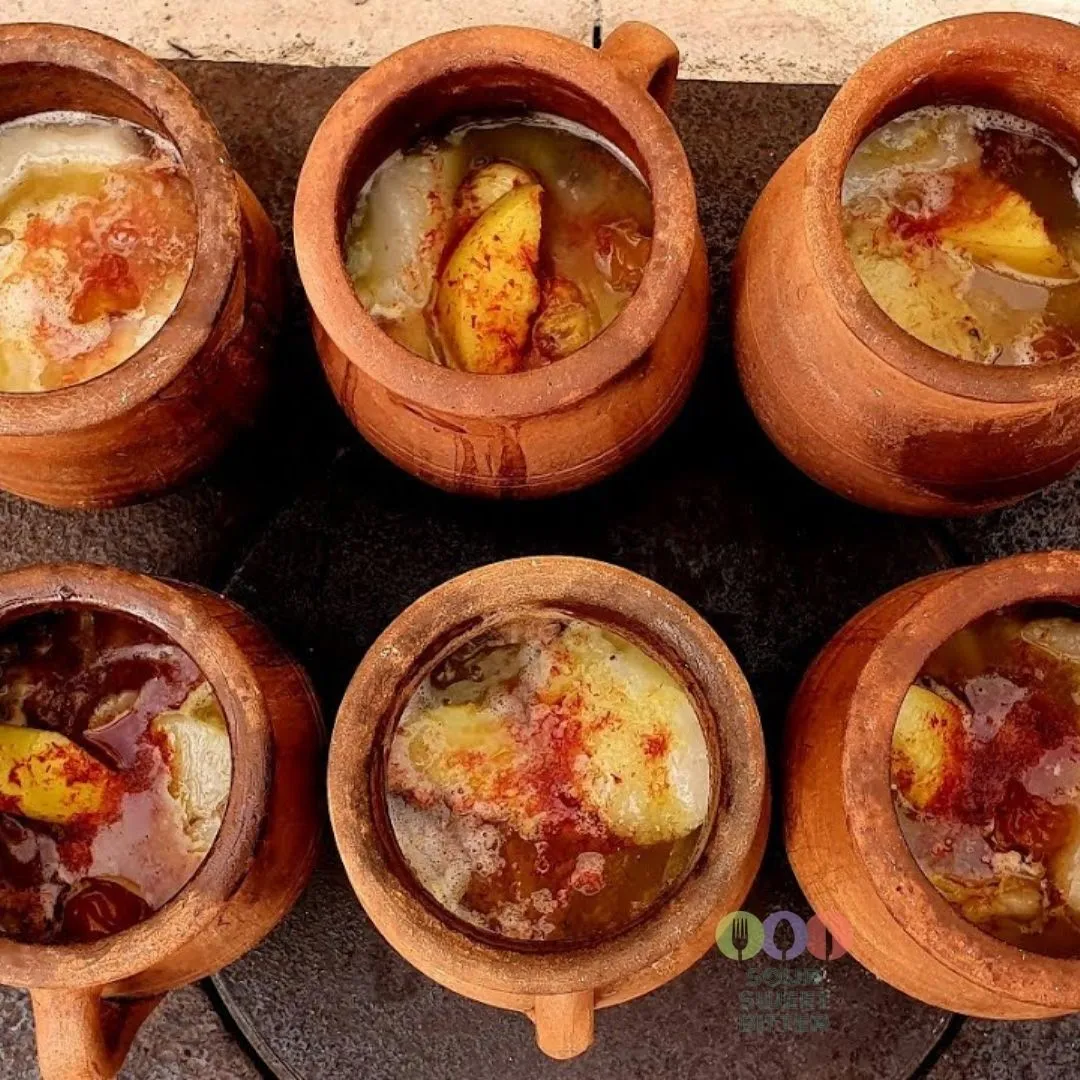Discovering the Rich Heritage of Königsberger Klopse: A Culinary Icon of Germany
A Journey Through Time
Königsberger Klopse is a dish that tells a story. Its origins date back to the 18th century, a time of culinary innovation in Germany. Created by the affluent Prussian nobility, these meatballs were initially made from fine veal. They were often served with luxurious sauces. This dish quickly became popular, symbolizing gastronomic excellence and social status at grand feasts and family gatherings.
Over time, as East Prussia welcomed various cultures, Königsberger Klopse evolved. The addition of capers in the creamy sauce reflects the region’s maritime heritage. Meanwhile, the poaching method highlights a sophisticated approach to cooking that emphasizes flavor. Each bite offers a glimpse into the region’s rich history and the connections among its diverse peoples.
A Flavorful Fusion of Cultures
Königsberger Klopse is unique due to its blend of flavors. It incorporates elements from Polish, Russian, and even Scandinavian cuisines. Thus, it stands as a testament to the cultural exchanges in the region over centuries. The dish invites exploration: tender meatballs are bathed in a velvety sauce, punctuated by the tangy brightness of capers. Together, they create a delightful symphony of tastes.
Moreover, Königsberger Klopse represents more than just food; it connects people to their roots. Families gather to enjoy this hearty dish during festive occasions, fostering community and tradition. In this way, it serves as a culinary bridge, linking generations and keeping the spirit of East Prussia alive.
Culinary Craftsmanship
The preparation of Königsberger Klopse is an art form. First, cooks craft the meatballs with a perfect balance of spices and textures. Then, poaching them in a savory broth ensures they remain juicy. This method also infuses the meatballs with layers of flavor. Finally, the creamy sauce, enriched with egg yolks and lemon juice, transforms the dish into a comforting embrace.
Typically, Königsberger Klopse is served with boiled potatoes or a simple side salad. This hearty meal speaks to the soul and has become a favorite for families seeking warmth during chilly autumn and winter months.
Resurgence in Modern Cuisine
Recently, Königsberger Klopse has experienced a revival. Food enthusiasts and chefs celebrate authentic, regional recipes, bringing this dish back into the spotlight. As restaurants across Germany feature it, they entice a new generation of diners eager to connect with the flavors of the past.
Food lovers, travelers, and culinary adventurers are increasingly drawn to the rustic charm of Königsberger Klopse. Whether enjoyed in a traditional German restaurant or cooked at home, the dish offers a sensory experience. It transports diners back in time, evoking memories of cozy kitchens and family gatherings.
Königsberger Klopse transcends mere sustenance. It celebrates history, culture, and community. With its rich flavors, cultural significance, and timeless appeal, it stands as a proud emblem of German culinary heritage. By enjoying Königsberger Klopse, you savor a delicious meal and partake in a tradition that has endured through the ages. Embrace the flavors of Königsberger Klopse. Let it connect you to vibrant stories from the past while nourishing your body and soul.
Discover Traditional Recipes from Germany Discover Traditional Recipes from Europe You may like this also: American Meatloaf 10 Traditional German Recipes
German Königsberger Klopse
Ingredients
For the meatballs:
For the sauce:
Instructions
Step 1: Prepare the Meatballs
-
Mix the ground meat, chopped onion, soaked bread roll, egg, anchovy fillets (if using), and seasoning (salt, pepper, nutmeg) in a bowl.
-
Form small, walnut-sized meatballs from the mixture.
-
Heat the broth in a large pot until simmering.
-
Gently place the meatballs into the simmering broth and poach for 10-15 minutes. Once done, remove them with a slotted spoon and set them aside. Reserve the broth for the sauce.
Step 2: Make the Sauce
-
In a separate pan, melt the butter over medium heat.
-
Stir in the flour to create a roux, cooking it until golden.
-
Gradually add the reserved broth while whisking to avoid lumps, creating a smooth sauce.
-
Stir in the cream, capers, and lemon juice or vinegar.
-
If desired, whisk in the egg yolks for added richness (optional but traditional in some regions).
-
Season with salt and pepper.
Step 3: Combine and Serve
-
Add the cooked meatballs to the sauce and simmer for a few more minutes until heated through.
-
Serve the Königsberger Klopse with boiled potatoes or rice, and garnish with extra capers if desired.
-
This dish is known for its unique flavor combination of the creamy sauce with the briny taste of capers and a hint of lemon.
-
Your homemade Koenigsberger Klopse is ready. Guten Appetit!

















